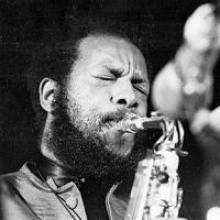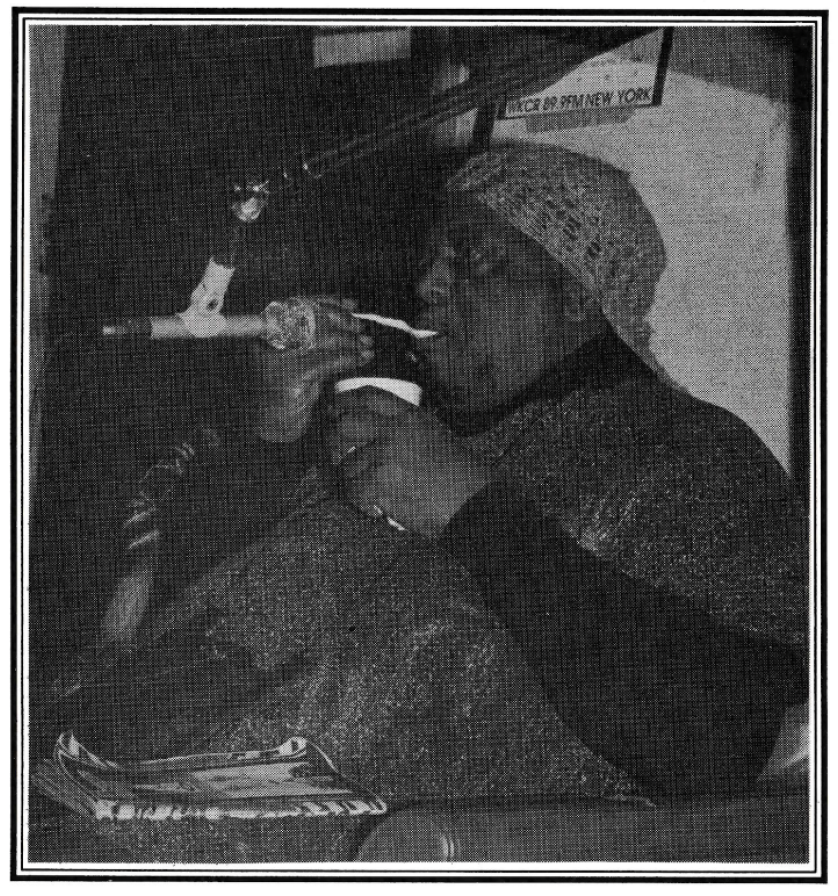
The musicians and composers of jazz who have left the greatest mark are those who fit into the Ornette Coleman mold; these are the artists who weren't concerned so much with the mastery of craft as with the opening of artistic doors. Ornette (b. March 9, 1930) is and has been pursuing the untouched horizons in music since the beginning of his career. Join us this Sunday as we celebrate Ornette's innovation, relentless individualism, and commitment to artistic freedom with a 24-hour birthday broadcast.
Emerging from the Texas blues tradition (all of his music has the gutbucket wail of the blues in there somewhere), Ornette took L.A. and then New York City by storm with his visionary quartet in the late 1950s. His revolutionary concept placed melody, not harmony, at the center of improvisation. That's the key to really hearing Ornette--it's all in the melodies. He played music that left set chord changes behind, improvising harmony in real time, opening the way for the free jazz innovators of the next few decades. He calls his system of approaching music harmolodics, a compound of harmony, motion, and melody. Ornette continued to work with the musicians from his original pianoless quartet (Charlie Haden at the bass, Don Cherry on trumpet, and either Ed Blackwell or Billy Higgins at the drums) through the early sixties, and then moved to a trio (David Izenzon, bass, and Charles Moffett, drums) that began to explore the rhythmic dimension with greater improvisational freedom. The seventies and eighties brought new sounds with his explorations of electric instrumentation and amplification (his Prime Time band can sound like wild space funk at times), as well as compositions for orchestra. Ornette won a Pulitzer Prize for his 2007 record Sound Grammar, and he continues to play today.
